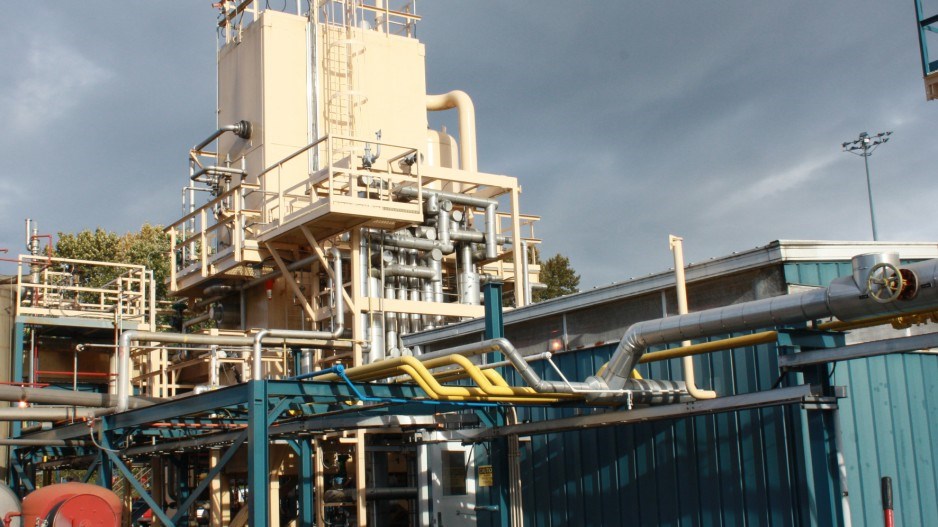The B.C. government is throwing its support behind FortisBC and the Vancouver Fraser Port Authority in their efforts to develop a liquefied natural gas (LNG) marine bunkering fuel service.
New caps on sulphur emissions for international marine shipping come into effect in 2020, which will require ships that burn bunker fuel to install scrubbers, switch to lower sulphur diesel fuel or other, cleaner fuel sources, including LNG.
FortisBC, which produces LNG at its Tilbury Island terminal, and the port authority want to make Vancouver a marine LNG bunkering hub to service ships that make the switch to LNG.
A report by PwC, commissioned by FortisBC, estimates an LNG bunkering facility would take five years to build. Once built, it would have an annual economic impact of $930 million, the study found.
The B.C. government is kicking in $25,000 towards the cost of the study.
"We are encouraged by the initial projections," Bruce Ralston, minister of Jobs, Trade and Technology, said in a press release.
"It is expected that LNG-powered ships - specifically container, car carrier and cruise vessels - could begin calling in Vancouver as early as 2020, and global demand is expected to exceed nine million tonnes … of LNG annually by 2025. B.C. should be ready to get some of that business."
Although the intent of the International Maritime Organization’s cap is to reduce other pollutants – mainly sulphur oxides – natural gas also would produce far fewer CO2 emissions than diesel or bunker fuel.
"This will allow B.C. to have a direct impact on global emissions by reducing the amount of greenhouse gas emissions from visiting vessels,” said Premier John Horgan.
“Working together, we can meet the increasing global demand for energy solutions that reduce air pollution and protect our climate, while creating more jobs and opportunities for everyone in B.C."




